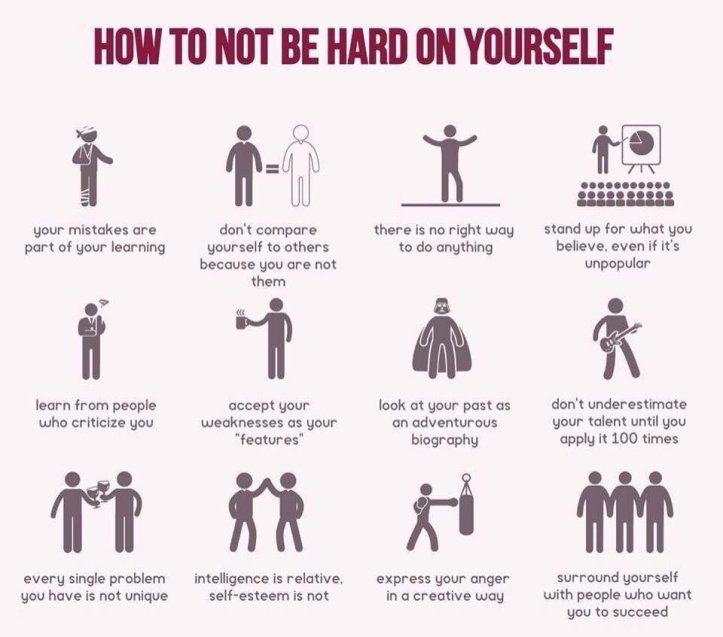
Hello, it’s been a while since I uploaded a new blog and I have missed doing them so much but I do like to really think about my content to ensure what you are reading is meaningful. Well, it has been a very busy year with so much change! My son started Primary School and we have moved to a new house, typically it all happened at the same time.
Although I have been busy and it has all been very exciting, it has also caused some anxiety to creep back in. For those of you that know me, or if you read my blog “little miss worry” you know I have always been a worrier. Sometimes, that worry gets more unmanageable and I experience anxiety.
Now before I continue, it is important to say that I don’t open up on my blog for attention or to suggest I know all about a certain subject. Firstly, I find it very therapeutic and secondly, I know that even if someone does not feel the same as me, someone, even if it is just one person might be able to relate and not feel alone.
Anyway, back to the topic; I thought I was doing so well managing all the stress and change- as they say moving to a new house is one of the most stressful times in a person’s life. But it seems I was managing in the moment, but once everything had settled the anxiety came back and I believe it is very common for this to happen. I soon found myself experiencing the symptoms that I struggled with back in February this year. These include OCD tendencies, racing heart beat, chest pain, feeling nauseous. I also felt overwhelmed and suffered with constant worrying and overthinking.
I can only describe it as a very dark and lonely place when this happens and I often try to continue with a smile on my face so no one notices. And I know so many of us do this! But there is only so long someone can pretend they’re not struggling.
Thankfully, over a few weeks I could use previous coping strategies to help ease the anxiety. It hasn’t just disappeared and I get some days where I feel anxious but the important thing is, I am not allowing it to take control of my day to day life which feels great. I am never more grateful of a positive mental attitude than after a difficult period.
One coping strategy I find so useful is being open and honest. Once I talk about how I am feeling, people around me can offer support and listen if I need to talk and I can not promote this enough. Again, as I’ve promoted before in blogs “let’s talk mental health” is something I am passionate about and not to forget “it’s okay to not be okay”. (links at the end of the blog)
Approximately 1 in 4 people in the UK will experience a mental health problem each year.
In England, 1 in 6 people report experiencing a common mental health problem (such as anxiety and depression) in any given week.
Mind.org.uk
So many of us are affected by anxiety and it is nothing to be embarrassed of. I know I have often thought that if I admit that’s how I feel I have failed and so many other people have told me they feel this way too. Admitting we are struggling or feeling anxious shows strength and we should not feel embarrassed to say how we feel.
When suffering with anxiety a lot of us have negative thoughts about ourselves including;
“I’m so stupid”
“why did I say that”
“why can’t I be like that, they have it all together”
“I always make mistakes”
We often start worrying about the future, replaying events in the past, and generally focusing on the parts of life that leave us dissatisfied. And our minds have a way of convincing us of something that isn’t true. Here are 4 common thought distortions that you might find helpful;
- Black and white thinking. Seeing everything as one way or another, without any in between.
- Personalizing. Assuming you are to blame for anything that goes wrong, like thinking someone did not smile at you because you did something to upset her. (It’s more likely that person is having a hard day and her mood had nothing to do with you.)
- Filter thinking. Choosing to see only the negative side of a situation.
- Catastrophizing. Assuming the worst possible outcome is going to happen.
When we have these thought distortions we should try and challenge negative thoughts. Easier said than done I know, it takes practice!
It is important to focus on your strengths. It’s human nature to dwell on the negative and overlook the positive. Whenever you have a distorted thought, stop and evaluate whether it is accurate. Think about how you would respond if a friend spoke about themselves in that way. Apply the same logic to your own thoughts. Ask yourself if you are assuming the worst will happen or blaming yourself for something that has not gone the way you wanted.
As they say, don’t believe every worried thought you have. Worried thoughts are notoriously inaccurate.

And finally, remember to be careful how you talk to yourself, as you are always listening!
ThinkLess*LiveMore X
Useful websites;
https://www.getselfhelp.co.uk/anxiety.htm
https://www.time-to-change.org.uk/about-us/about-our-campaign/time-to-talk
http://youmatter.suicidepreventionlifeline.org/ok-not-ok/
[…] https://thinklesslivemore774.wordpress.com/2018/11/03/be-careful-how-you-talk-to-yourself-because-yo… […]
LikeLike
This blog /rhetoric seems so insular and short of real substance. Moving from an experienced reality to a confined explanation leaves unconclusion. Theories are very interesting but never directive.
LikeLike
Thank you for your feedback. Sorry to hear you didn’t enjoy the read or find it helpful.
LikeLike